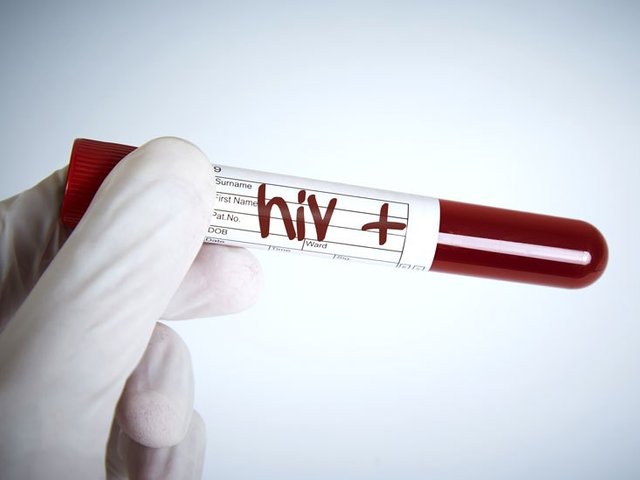When it comes to HIV transmission, it’s important to know what early symptoms to look for. Early detection of HIV can help ensure that prompt treatment is received to control the virus and slow the progression into stage 3 HIV, a more appropriate term for AIDS.Early symptoms of HIVSymptoms associated with the flu may be the first to arise as early signs of HIV. These can include:headache
fever
tiredness
swollen lymph nodes
sore throat
rash
muscle and joint pain
ulcers in the mouth
ulcers on the genitals
night sweats
diarrheaEarly HIV symptoms generally arise within one to two months after transmission, although they can arrive as early as two weeks after exposure, according to HIV.gov. Some people may experience no early symptoms after they’ve contracted HIV as well. It’s important to remember that these are symptoms for common illnesses and health conditions. Consider talking with a healthcare provider about testing options.The lack of symptoms can last for as long as 10 years. This, however, doesn’t mean that the virus is gone. HIV can progress to stage 3 even if no symptoms are present. That’s why it’s so important to get tested.
Symptoms that the virus may have progressed to stage 3 include:high fevers
chills and night sweats
rashes
breathing problems and persistent coughing
severe weight loss
white spots in mouth
genital sores
regular fatigue
pneumonia
memory problemsStages of HIVDepending on the phase of HIV, symptoms can vary.The first stage of HIV is known as acute or primary HIV infection. It’s also called acute retroviral syndrome. During this stage, most people experience common flu-like symptoms that may be hard to distinguish from a gastrointestinal or respiratory infection.The next phase is the clinical latency stage. The virus becomes less active, though it’s still in the body. People experience no symptoms while the virus develops. This period of latency can last a decade or longer. Many people show no symptoms of HIV during this entire 10-year period.The final phase of HIV is stage 3. During this phase, the immune system is severely damaged and is vulnerable to opportunistic infections. Once HIV progresses into stage 3, symptoms such as nausea, vomiting, fatigue, and fever may become apparent.
Is it contagious?HIV in the body for only a short while is still contagious. During this phase, the bloodstream contains higher levels of HIV, which makes it easy to transmit it to others.Since not everyone has early symptoms of HIV, getting tested is the only way to know if the virus has been contracted. An early diagnosis also provides a person with HIV the treatment to eliminate their risk of transmitting the virus to their sexual partners.Other considerationsWhen it comes to HIV symptoms, remember that it’s not always HIV itself that makes people feel sick. Many HIV symptoms, particularly the most severe ones, arise from what are called opportunistic infections.The microorganisms responsible for these infections are generally kept at bay in people who have an intact immune system. However, when the immune system is impaired, these germs can attack the body and cause illness. People who show no symptoms during early stage HIV may become symptomatic and begin to feel sick if the virus progresses.
Getting testedThough it can be nerve-wracking to get tested for HIV, it’s important to do so. Even without symptoms, a person living with HIV who isn’t on treatment is still contagious. They may transmit the virus to others through an exchange of bodily fluids. However, today’s treatment can effectively eliminate the risk of transmitting the virus to a person’s sexual partners who are HIV-negative.Taking an HIV test is the only way to determine whether the virus is in the body. People who have engaged in known risk factors, like condomless sex or sharing needles, may want to consider seeing their healthcare provider about getting tested.

Hi! I am a robot. I just upvoted you! I found similar content that readers might be interested in:
https://www.healthline.com/health/hiv-aids/early-signs-hiv-infection
Downvoting a post can decrease pending rewards and make it less visible. Common reasons:
Submit
Thanks
Downvoting a post can decrease pending rewards and make it less visible. Common reasons:
Submit